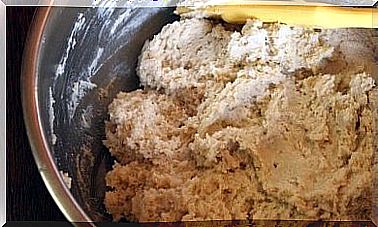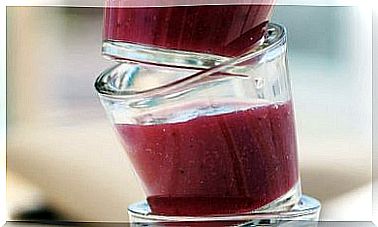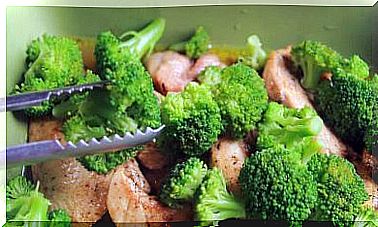6 Medicinal Plants To Cure Allergic Rhinitis
These remedies can be of great help in case of allergic rhinitis. However, if your pictures are getting stronger and more constant, go to a specialist doctor.
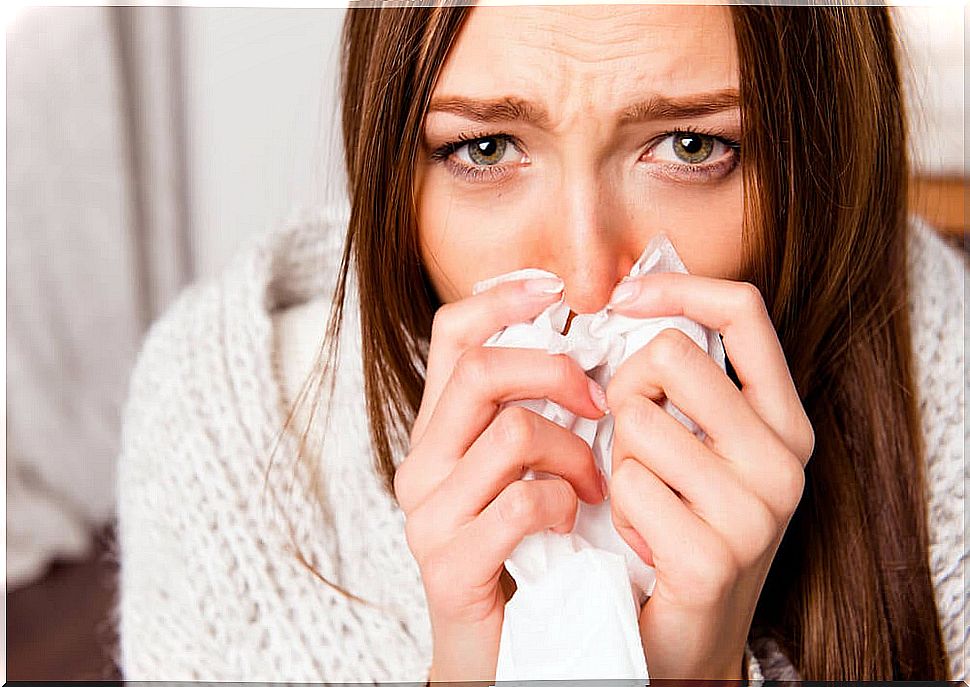
At some point, we have all been victims of a sneeze attack. It usually happens when we come in contact with dust, pollen, chemicals, and even strong odors. Did you know that this is a natural response to defend yourself against the entry of microorganisms into your body? In some cases it can also be allergic rhinitis.
Here we share 6 very effective medicinal plants to relieve allergic rhinitis. Discover them!
Allergic rhinitis
At a scientific level, allergic rhinitis is nothing more than an inflammatory process that occurs in the mucous membranes. The cause is a hyperreactivity to the inhalation of certain allergenic substances.
The symptoms are very similar to a common cold. It begins with a discharge and itching in the nose, later associated with nasal constipation, headaches and even dizziness.
Although it represents a fairly common condition in the general population, it is quite annoying and uncomfortable due to the associated symptoms. Treatment is based on the intake of antihistamines. However, there are many natural alternatives for the control and relief of symptoms.
Medicinal plants to cure allergic rhinitis
There are many medicinal plants to alleviate the symptoms of allergic rhinitis and the flu. Today we will talk about 6 of them. Plus, these simple tips can help you maintain a healthier lifestyle.
1. Licorice
We start with licorice, a shrub used to treat allergies. In traditional Chinese culture, it is considered natural cortisone for its anti-inflammatory properties.
- Take an infusion, extract or eat the root.
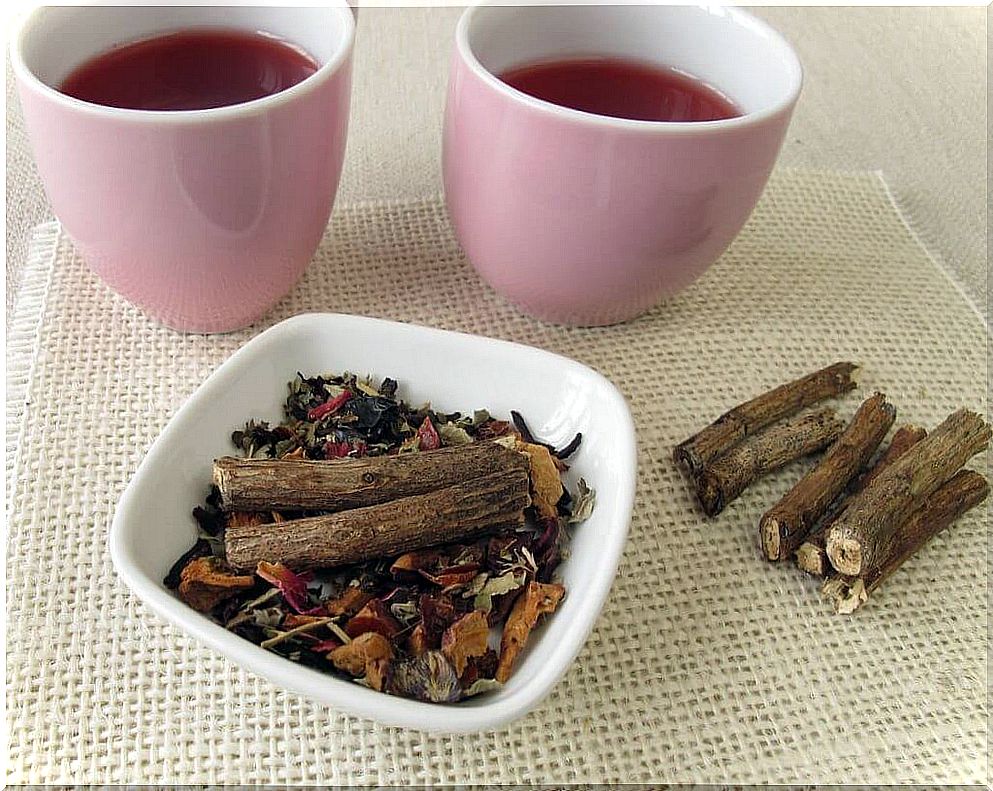
2. Turmeric
Turmeric is a plant widely used as a spice in cooking recipes. Thanks to its antioxidant and anti-inflammatory properties we obtain multiple benefits. It is characterized by promoting the production of antibodies and increases the body’s natural defenses.
- Perfect to be included in small portions in soups, juices, smoothies and custards.
- Due to its light flavor, it is easy to mix with other foods such as bread, cinnamon and orange.
3. Green tea
Another natural alternative, quite popular in countries like Morocco, India and China, is green tea. Its use is popularly extended to young people and adults alike, recognizing its antiallergic effect by preventing the production of histamine.
- The consumption of two or three cups a day strengthens our immune system as well as producing a pleasant effect on relaxation and comfort.
4. Mint
Mint, meanwhile, has been used since ancient times by Eastern cultures for its anti-inflammatory effects in relieving multiple ailments. Also for its decongestant properties.
- It is a shrub that is easy to grow anywhere.
- Its taste and smell allow its easy use topically, orally or as aromatherapy.
5. Ginger
Chewing a slice of ginger offers an excellent defense system to your body by offering anti-inflammatory and decongestant properties. By consuming this root, nasal symptoms are relieved and headache and chest pain disappear.
- We can take it as an infusion or in the form of candies.
6. Nettle
The nettle stands out for its powerful cleansing effects. Its use in infusion or extract helps us to stop the production of mucus and stops coughing attacks.
It is a plant that grows wild in humid areas, with jagged edges and stinging hairs. Thanks to its high antihistaminic effect and s widely used in patients with chronic allergy pollen.
Nettle offers us multiple treatment options for allergic rhinitis. Whether in combination with other foods or in infusions, its positive decongestant and anti-inflammatory effects are varied .
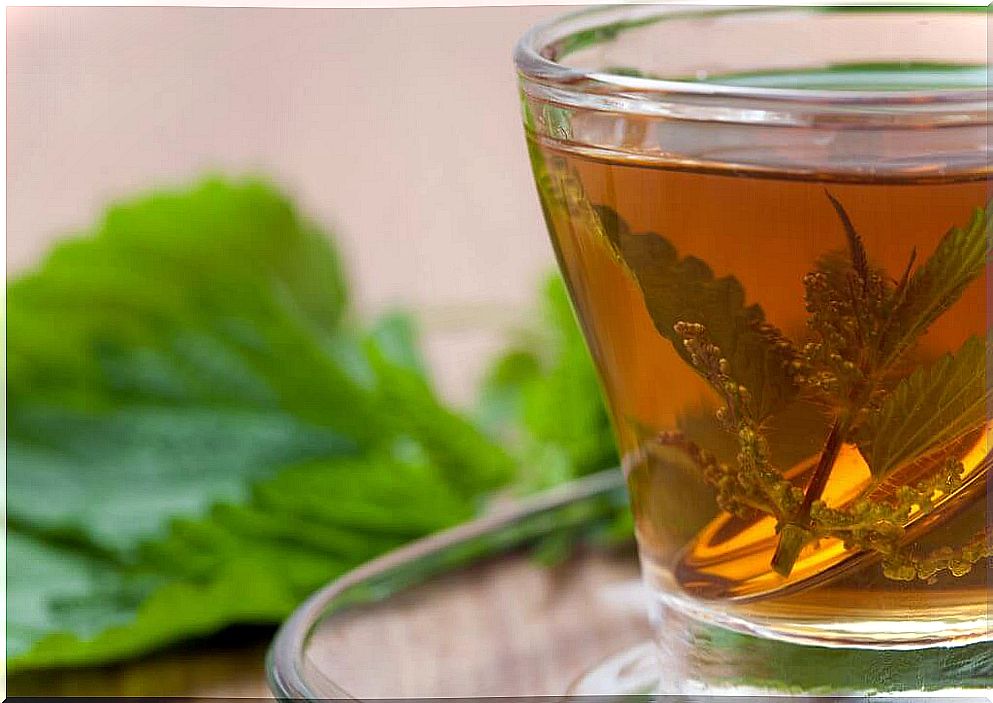
Other tips
Eating habits should be modified, trying not to include foods rich in histamine in the diet:
- Avoid the consumption of citrus fruits such as orange, tangerine, lemon, pineapple, kiwi, banana, strawberry and plums.
- Rule out the routine use of refined, artificial and bank sugar.
It is advisable to include foods with low histamine content in the diet. For example, legumes, vegetable milks, quinoa bread, rice or buckwheat, fresh white fish such as chicken, turkey or lamb.
Similarly, we recommend adding a teaspoon of honey to our meals. This is rich in pollen and its daily consumption exposes our body to small amounts and prevents it from reacting to it.
With a good diet and these 6 medicinal plants you can combat and prevent allergic rhinitis. A plant can avoid those discomforts caused by allergies, try it!

